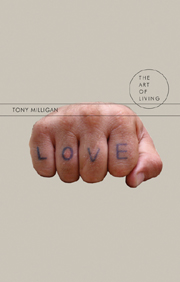4 - A sense of worth
Summary
It is difficult to imagine what it would be like to live without the recognition that humans matter. Our preferred terminology (“worth” or “value” or “intrinsic value” or “inherent worth”) is secondary to the belief or the recognition that is involved. We can, of course, utter all sorts of impressive statements about morality being a sham and human importance a fiction, but none of us live by such a view. Nor could we live by it. In our commonplace actions, every day and in all sorts of ways, we show that we regard humans as more than obstacles to be navigated and tools to be used. Other and earlier humans have, arguably, held the more restricted view that some humans matter, or that local humans matter or that one particular group of humans matters, but to be human has always, in some way, involved the belief in, or recognition of, value. We are, in that respect, moral animals. It is part of our make-up.
I have suggested that love discloses this value in a way that nothing else can and that we need to see ourselves as lovable, as worthy of being loved and as potential recipients of love, in order to appreciate our own value. I have placed some emphasis on this rather than on the related idea that nothing discloses the value of others in quite the same way that love does.
- Type
- Chapter
- Information
- Love , pp. 51 - 72Publisher: Acumen PublishingPrint publication year: 2011



